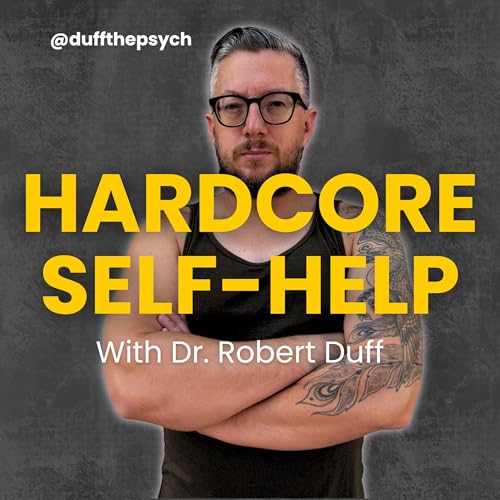We talk a lot about parenting.
But we don't talk nearly enough about being a daughter.
In this episode, I sit down with Dr. Allison Alford — communication scholar, professor at Baylor University, and author of Good Daughtering — to unpack the hidden emotional labor adult daughters carry inside their families.
We explore the invisible work, the guilt, the pressure to be "enough," and how daughters can set boundaries without walking away from the people they love. This isn't about cutting family off. It's about understanding your role, recalibrating it, and finding pride instead of burnout.
If you've ever felt like you're doing a lot… but it's never quite enough — this one will hit.
What We Cover -
What "daughtering" actually means (and why it's invisible)
-
The "specter of expectation" and where guilt really comes from
-
The difference between healthy families and the "messy middle"
-
Why boundaries aren't magic — they're strategy
-
How to shift your role even if no one else in your family changes
-
Why being a daughter can be a noble pursuit — not just a burden
-
What changes when daughters finally see the system clearly
Chapters 00:00 – Intro + Texas roots & communication background
01:00 – "Not by magic": boundaries during the holidays
02:00 – Why she wrote Good Daughtering (research → real-world tools)
06:45 – Growing up with a therapist mom + learning to "talk about talking"
12:00 – Emotions A–Z vs A–F (communication differences in relationships)
16:00 – Generational healing, enmeshment & the "messy middle" family
20:00 – What "daughtering" actually means (visible + invisible labor)
23:30 – The guilt, pressure & the "specter of expectation"
26:00 – Where to begin: notice → calibrate → communicate
29:00 – When family won't change: boundaries + internal work
36:00 – Realizing the invisible labor in her own life
42:00 – Daughters as an untapped community
46:00 – Is daughtering a noble pursuit?
49:00 – What's inside the book (tools, scripts, boundary setting)
53:00 – What changes if daughters "see the Matrix"? + Release date
About Dr. Allison Alford Dr. Allison Alford is a communication scholar and Clinical Associate Professor at Baylor University. Her research focuses on family communication, identity, and the overlooked emotional labor of adult daughters.
🌐 Website:
https://www.daughtering101.com
📸 Instagram:
https://www.instagram.com/daughtering101
📘 Good Daughtering (Releases February 17, 2026):
https://www.harpercollins.com/products/good-daughtering-allison-m-alford
(You can also find it on Amazon, Barnes & Noble, Bookshop, and other major retailers.)
 58 m
58 m 1 h y 2 m
1 h y 2 m 1 h y 4 m
1 h y 4 m Jan 12 202617 m
Jan 12 202617 m 1 h y 17 m
1 h y 17 m 1 h y 3 m
1 h y 3 m 1 h y 15 m
1 h y 15 m Oct 1 202519 m
Oct 1 202519 m
